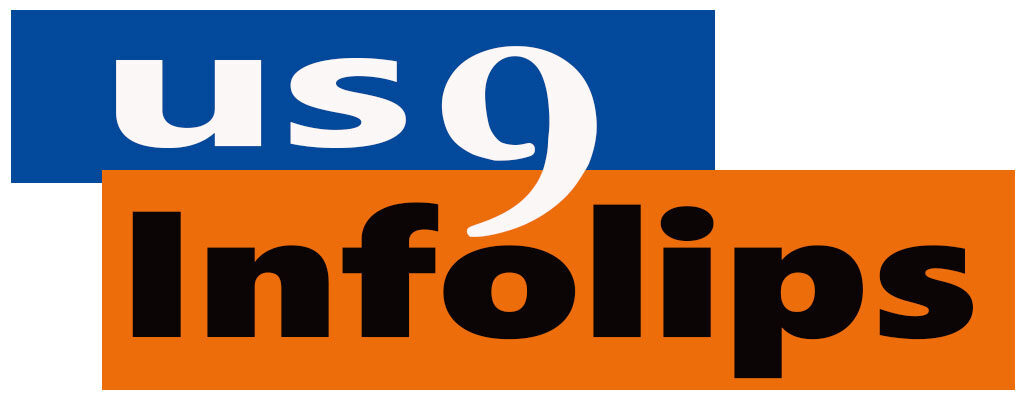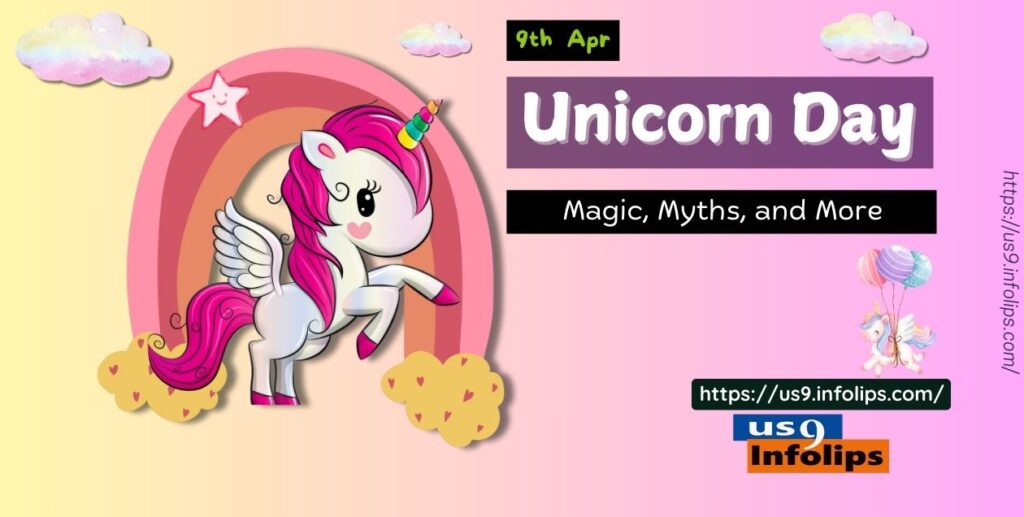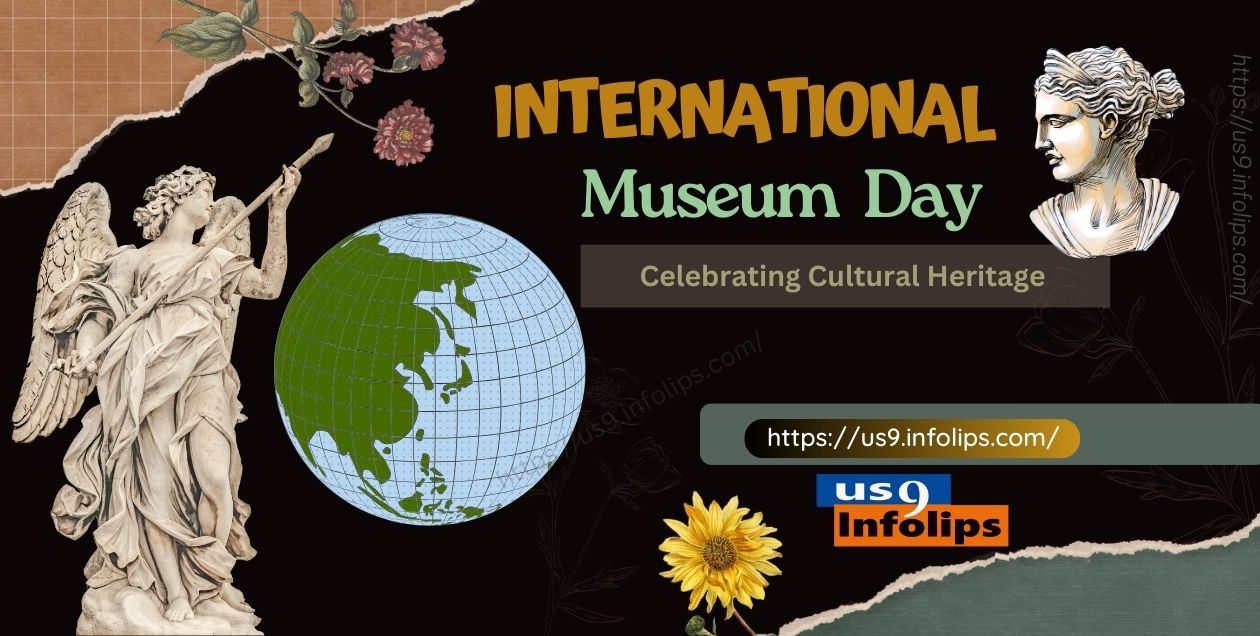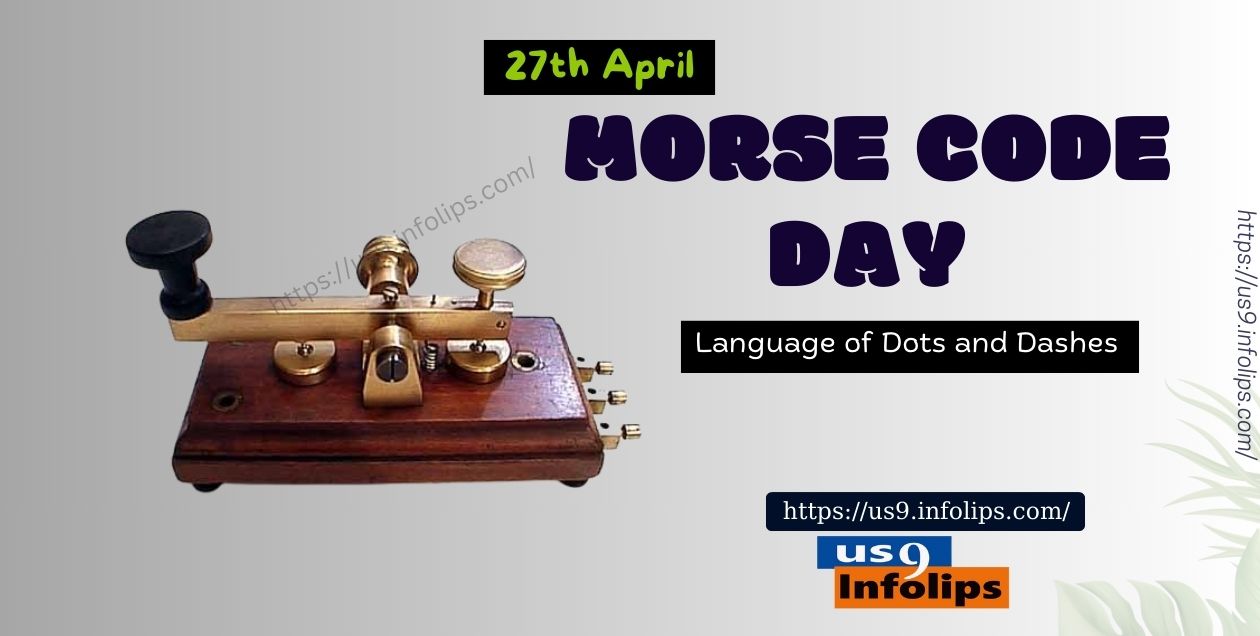Unicorn Day 🦄: The Magic, Myths, and Why We Celebrate 🦄
Celebrating Unicorn Day: Magic, Myths, and More
Unicorn Day is a whimsical celebration of the mythical creature that has captured hearts for centuries. From ancient legends to modern pop culture, unicorns symbolize purity, magic, and wonder. Whether you’re a fantasy lover or just enjoy a bit of sparkle, Unicorn Day (celebrated on April 9th) is the perfect time to embrace the enchantment.
Table of Contents
1. What is Unicorn Day?
Unicorn Day is a fun, unofficial holiday dedicated to celebrating the legendary unicorn—a horse-like creature with a single spiraling horn. People celebrate by dressing in unicorn-themed outfits, baking rainbow treats, and sharing mythical stories.
2. The History of Unicorns
Unicorns have been part of myths since ancient Greece and Mesopotamia. Medieval Europeans believed their horns had healing powers. Today, they represent imagination and positivity.
3. Why Do We Celebrate Unicorn Day?
It’s a day to embrace fantasy, creativity, and joy. In a busy world, Unicorn Day reminds us to believe in magic, even if just for fun.
4. How to Celebrate Unicorn Day?
- Wear unicorn colors (pastels, rainbows, glitter).
- Bake unicorn-themed desserts (cupcakes, cookies).
- Watch movies like The Last Unicorn or Despicable Me (for the fluffy unicorn toy!).
- Share unicorn memes and art online.
5. Unicorns in Pop Culture
From My Little Pony to Harry Potter (remember the blood-drinking unicorns in the Forbidden Forest?), unicorns are everywhere. Even brands use them in ads for their magical appeal.
6. Unicorn Symbolism
They stand for purity, grace, and the impossible becoming possible. Many see them as a sign of hope and dreams.
7. Unicorn Day Around the World
While not an official holiday, fans worldwide celebrate with parades, themed parties, and social media trends (#UnicornDay trends every year).
8. Unicorn-Inspired Products
From unicorn lattes (colorful coffee) to unicorn makeup (shimmery highlighters), businesses cash in on the trend.
9. The Dark Side of Unicorn Myths
Some old tales say unicorns were fierce, untamable beasts—not just cute and sparkly.
Keeping the Magic Alive
Even if unicorns aren’t real, their symbolism of wonder and joy makes life a little brighter.
9 Objectives of Unicorn Day
- Celebrate imagination and fantasy.
- Spread joy and positivity.
- Encourage creativity in art, fashion, and food.
- Teach the history of mythical creatures.
- Bring people together through fun activities.
- Promote kindness (unicorns symbolize purity).
- Support businesses selling unicorn-themed products.
- Inspire children’s love for storytelling.
- Keep ancient myths alive in modern culture.
9 Facts About Unicorn Day
- Celebrated on April 9th every year.
- The unicorn is Scotland’s national animal.
- Unicorn horns were once sold as “narwhal tusks” in medieval markets.
- The word unicorn comes from Latin—uni (one) + cornu (horn).
- Unicorns appear in the Bible (translated as wild oxen).
- Starbucks’ Unicorn Frappuccino (2017) went viral.
- Some cultures believe unicorns grant wishes.
- The Qilin in Chinese myth is a unicorn-like creature.
- The unicorn emoji (🦄) was added in 2015.
9 Unknown Facts About Unicorns
- Ancient Persians thought unicorns had three legs and a golden horn.
- Julius Caesar claimed unicorns lived in Germanic forests.
- Unicorn meat was a joke dish in Renaissance feasts.
- A “unicorn” in dating means a rare, perfect partner.
- Some scientists tried to create unicorns by modifying goat horns.
- Unicorn tears are a recurring theme in fantasy books.
- The unicorn’s horn was believed to neutralize poison.
- In the Middle Ages, fake unicorn horns were made from narwhal teeth.
- The unicorn is the only mythical creature on UK’s royal coat of arms.
9 Controversies About Unicorn Day
- Commercialization – Some say it’s just a marketing gimmick.
- Cultural Misuse – Unicorn myths vary; some cultures find modern versions disrespectful.
- Over-Glorification – Are we ignoring the darker unicorn legends?
- Environmental Impact – Glitter and plastic unicorn toys harm nature.
- Religious Debates – Some link unicorns to biblical misinterpretations.
- Unrealistic Beauty Standards – Unicorn trends promote “perfect” rainbow aesthetics.
- Myth vs. Reality – Some argue myths should stay myths, not trends.
- Animal Cruelty – Past unicorn hunts in legends were brutal.
- Is It Just for Kids? – Should adults enjoy it too, or is it childish?
Conclusion
Unicorn Day is more than just rainbows and glitter—it’s a celebration of myth, magic, and human creativity. Whether you believe in unicorns or just love their symbolism, this day reminds us to find joy in the fantastical. So, this April 9th, put on some glitter, bake a rainbow cake, and let your inner unicorn shine!
FAQs About Unicorn Day
Q1. When is Unicorn Day?
A: April 9th every year.
Q2. Are unicorns real?
A: No, they’re mythical, but inspired by real animals like narwhals.
Q3. Why is the unicorn Scotland’s national animal?
A: It symbolizes purity and power in Scottish heraldry.
Q4. What’s the most popular unicorn food?
A: Unicorn cake or rainbow-colored treats.
Q5. Can I celebrate Unicorn Day as an adult?
A: Absolutely! Magic has no age limit.
Q6. What’s the origin of Unicorn Day?
A: Likely started by fantasy lovers online; no official creator.
Q7. Do unicorns have special powers?
A: In myths, yes—healing, immortality, and purifying water.
Q8. What’s a “unicorn” in dating?
A: A rare, ideal partner in a relationship.
Q9. Why do people love unicorns?
A: They represent hope, dreams, and escaping reality.
Follow us for more captivating articles and stay connected to explore the world. Let’s embrace the power of communication and understanding.

Related topics:
1. Perfect World Travel Guide
2. 9 Most Popular EV Cars in the USA
3. 9 Best Things About Apple TV 4K – Third Generation
4. Think before You Renew Amazon Prime
5. Jimmy Carter: A Great Legacy
6. Memorial Day: Honoring the Sacrifice, Celebrating Freedom
School Site :
For English grammar and lot more : Smart School Infolips
Marathi Poems: Marathi Rang












